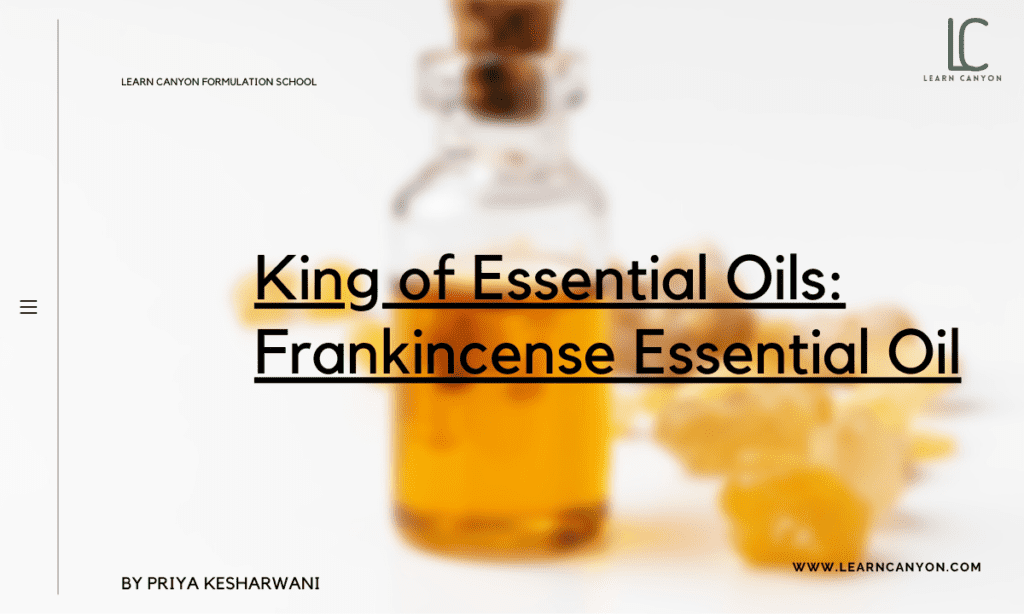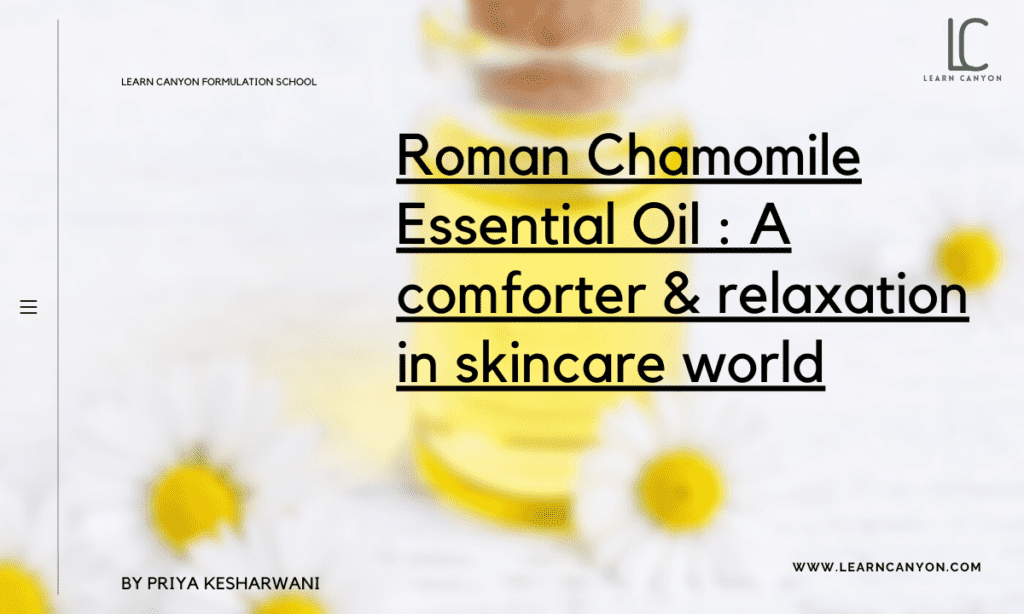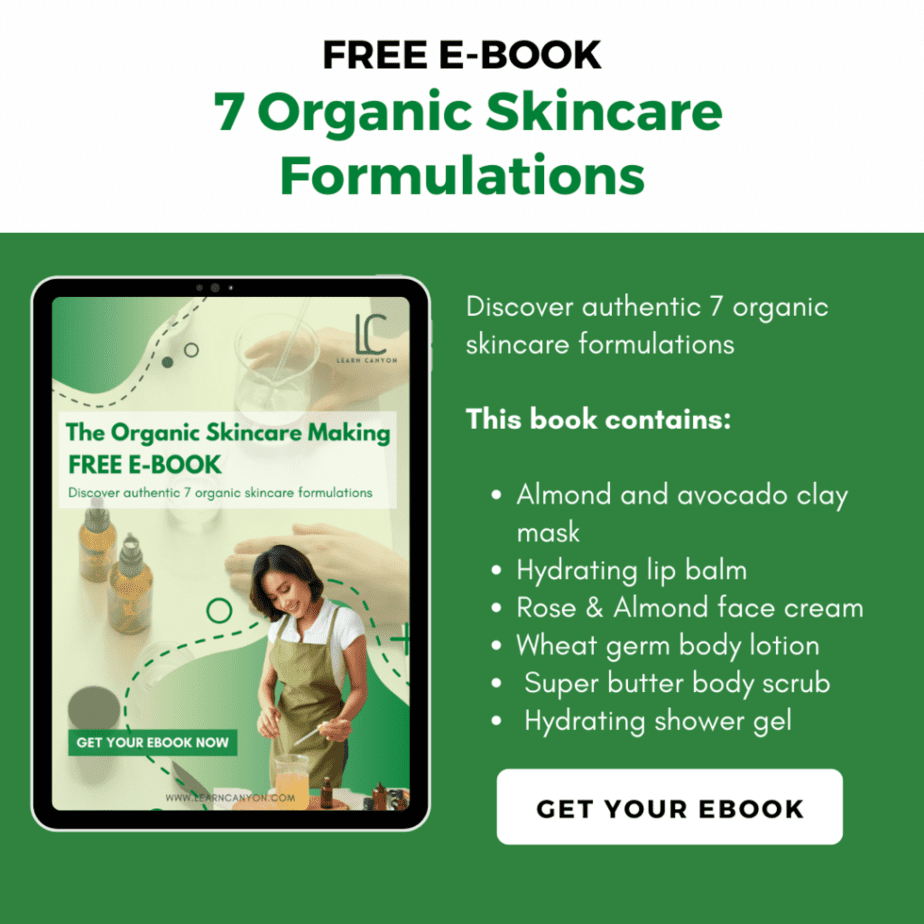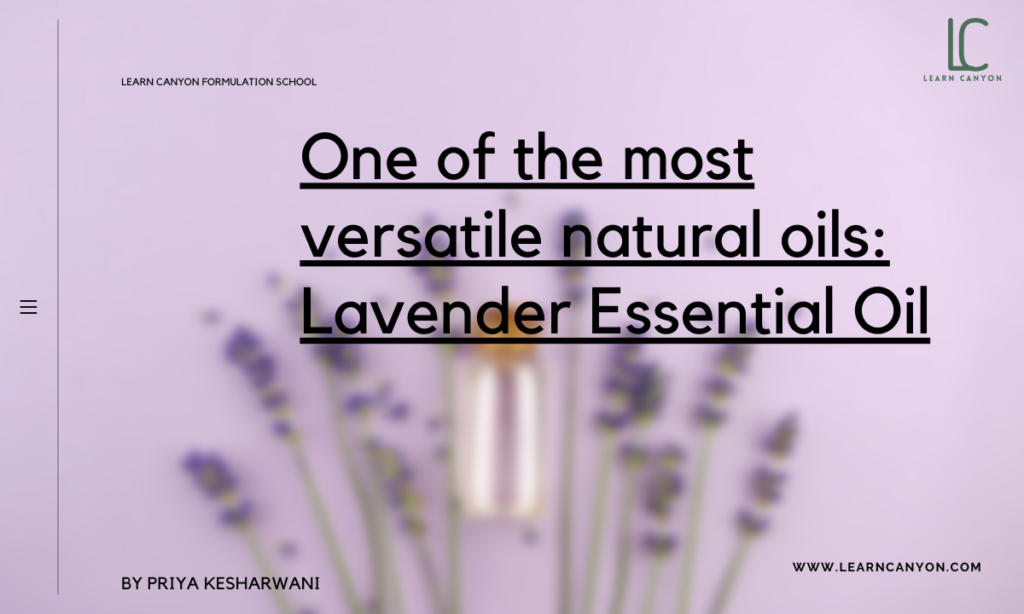
Lime (Citrus aurantifolia) peel essential oil
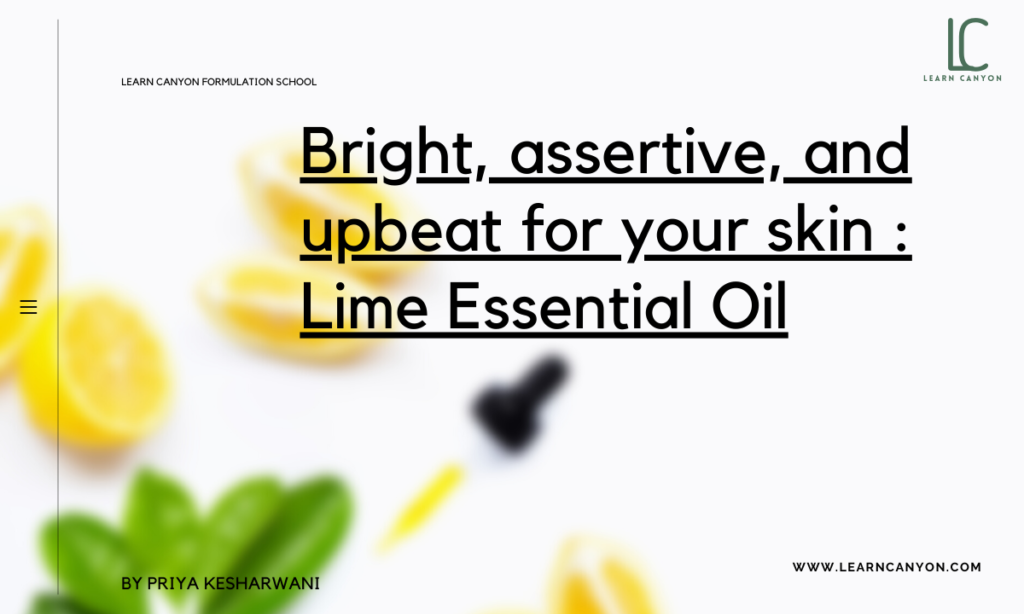
What is Lime peel essential oil?
Lime Essential Oil is made by cold pressing or expressing lime rind (peel). These limes are known as West Indian limes, and they are harvested mostly in warm areas throughout Southern Europe and the Americas.
| What is it? | Lime Essential Oil is a pleasant and aromatic essence extracted from chosen fruit peel or rind using a cold-pressed and distilled extraction procedure. |
|---|---|
| INCI | Citrus aurantifolia oil |
| Appearance | Pale yellow or greenish yellow liquid |
| Texture | Fluid liquid |
| Recommended Usage | 1-10% |
| Solubility | Insoluble in water |
| Melting point | NA |
| Boiling point | NA |
| pH | 6.1 |
| Aroma | Sweet and fruity fragrance. |
| Why do we include it in formulations? | With a medium-strength scent, it has a citrusy top note. |
| How to work with it? | Include in the formulation's cool down phase and prevent heating if at all possible. |
| Applications | Lime essential oil is an astringent that tightens and tones the skin while reducing oil production. |
| Absorption rate | Fast |
| Strength | Esters' major chemical ingredients are known to: act as emulsifiers, aid in hydration, and maintain skin smoothness. |
| Weaknesses | Irritation and burning: Before applying oils to the skin, dilute them with a carrier oil. |
| Substitution | Lavender, Eucalyptus, or Tea Tree oil |
| How to store it? | Stored in a cool, dark and dry place. |
| Shelf life | Lime essential oil has a one-year shelf life. |
| Type of ingredient | Essential oil |
|---|---|
| Main benefits | It has characteristics that are invigorating, revitalising, and purifying. |
| Who should use it | For oily skin |
| How often can you use it? | Every day, twice |
| Works well with | Clary sage essential oil, lavender essential oil, or ylang-ylang oil |
| Doesn't work with | Because lime essential oil makes your skin more sensitive to sun irritation, it's recommended to avoid direct sunlight when using it. |
| How to use | When the formulation is cooling down, this ingredient is added. |
Mechanisms of action
Assist in the lightening of skin tone. The high vitamin C content of lime peel oils makes it an effective brightening agent for darker skin tones.
Lime oil, in addition to vitamin C, includes high levels of carotenes and enzymes, which help to lighten the skin and give it a clearer appearance.
Lime oil, which is extracted from the citrus fruit’s peel, can aid in the battle against inflammation and free radicals, which can cause acne and photoaging.
Benefits of Lime peel essential oil
The skin is the body’s biggest organ. It experiences a lot of wear and tear over time because it is the first line of defence against infection. Dryness is one of the effects of use. Moisture is required for the skin to remain supple and healthy. Cracks can appear when the skin loses its hydration.
Bacteria can then fill these crevices, resulting in undesirable outcomes such as acne. Lime oil helps to maintain a healthy appearance and overall functionality by simply applying it to the skin.
Lime essential oil is a natural antioxidant thanks to its high limonene concentration. Antioxidants aid in the removal of free radicals that harm cells, particularly skin cells.
This aids in the reduction of ageing indicators like fine lines, sun spots, and wrinkles. Its astringent characteristics help keep the skin tight, which helps to prevent sagging. Simply mix a few drops in your moisturiser or lotion and apply as usual.
Side effects of Lime peel essential oil
It’s crucial to use caution when using the oil topically if it was extracted by cold compression. Phototoxic essential oils can induce swelling, skin darkening, and severe sunburn when applied directly to the skin and then exposed to the sun.
To lessen the risk, dilute the oil safely before putting it to the skin and keep it out of direct sunlight for at least 12 hours.
How to use it in formulation?
Lime oil has a number of advantages that make it an excellent addition to any formulation. It has a wide range of applications and purposes, from cleaning surfaces to providing additional hydration.
Works Well With Other Ingredients
Tea tree oil and coconut oil combine well with lime oil. Every time you use lime oil, you’re giving your skin an extra layer of protection and nourishment. Lime essential oil is quite easy to incorporate into various oil blends.
Lime, for example, pairs well with clary sage, lavender, and ylang-ylang essential oils, and this benefit can be leveraged to get the advantages of multiple oils at once or to make your own diffused perfumes.

